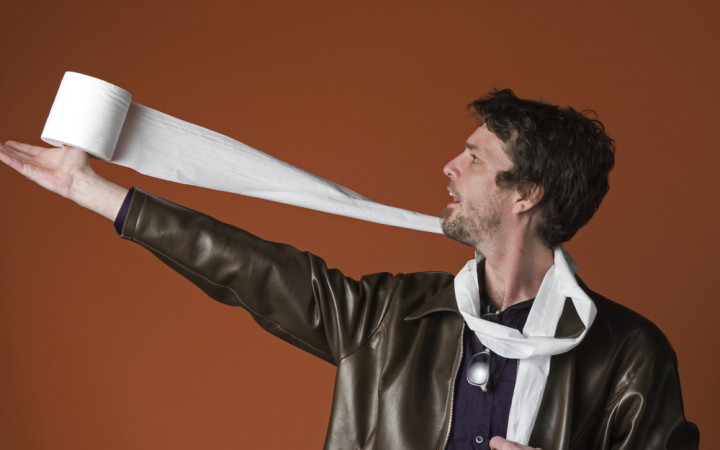Do you like to be the best at what you do? Whether you're a soccer player, a guitarist or an actress, you probably want to do your best every time you take the field or the stage.
How do you get to be your best? Practice, of course! Some pursuits require years and years of practice, while others might take only hours or days.
For some people, though, the thrill of performing without any practice can't be beat. Instead of spending hours and hours practicing a particular move or routine, some people simply step up and give it their best shot right on the spot. We call this brave feat improv!
Improv is short for improvisation. Improvisation, whether it involves film, television, theatre, music or even live comedy, is a type of performance art.
Improv has been around a long time. How long? Probably about as long as performance itself! The first plays were probably created spontaneously — on the fly — without complete scripts or stage directions.
Many film, television and theatre actors use improv techniques to help them practice for a rehearsed, scripted performance. Improv techniques are also an important part of regular acting classes. Doing improv helps actors think on their feet and become more aware of the other actors around them.
Improv techniques also teach actors to listen carefully, communicate clearly and be spontaneous. Sometimes called “ad lib," improvising can help an actor make the best out of a situation in which someone forgets a line in the script of a rehearsed performance.
Of course, improv is also entertaining to watch all on its own. Seeing actors make up their words and actions as they go along can often be quite entertaining. The best improv actors have confidence in their abilities and can create great, unscripted performances using nothing more than their innate acting ability and their instincts.




